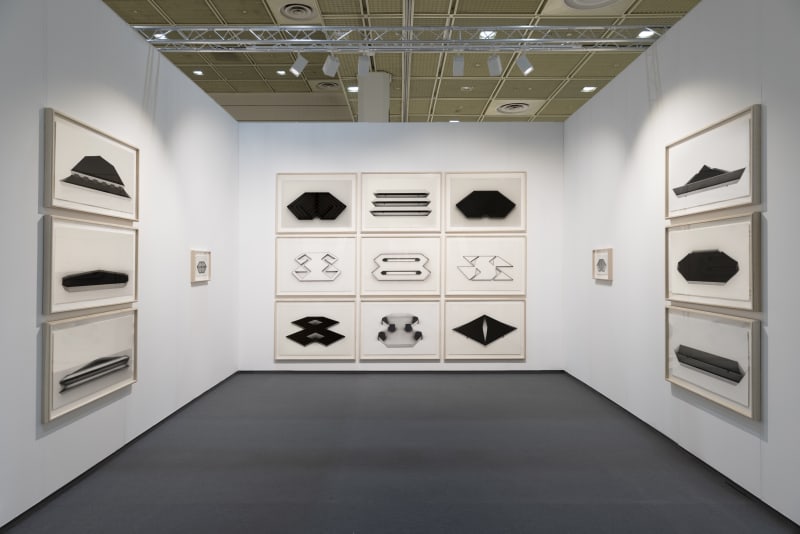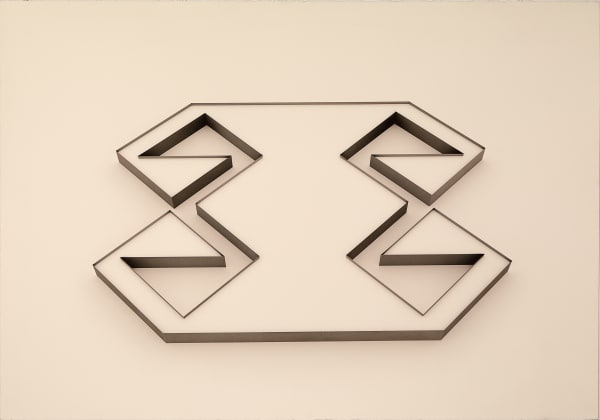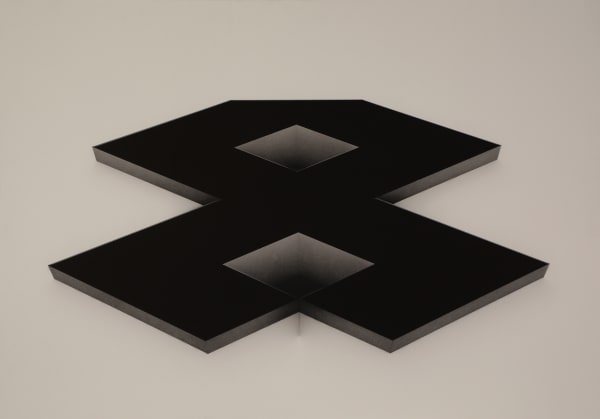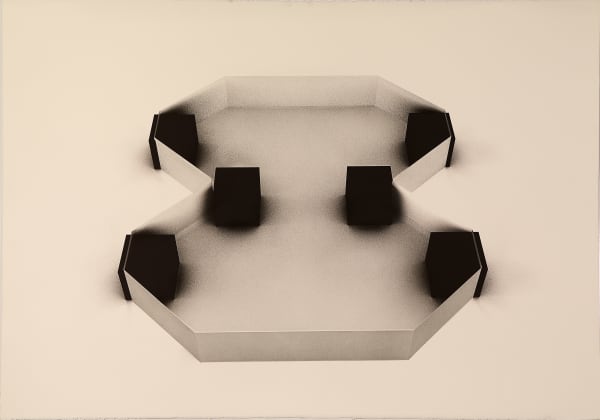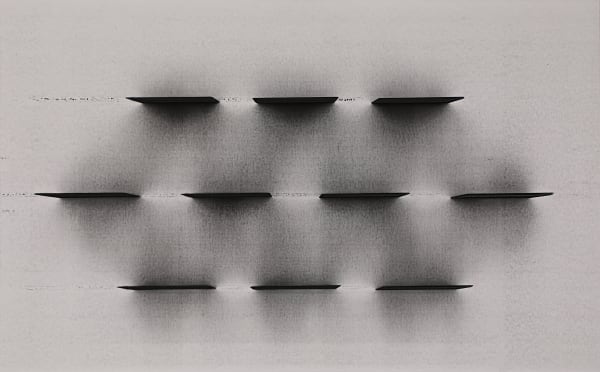Ali Beheshti: Frieze Seoul 2022
Past exhibition
Overview
Dastan presents a solo exhibition of works by Ali Beheshti at Frieze Seoul 2022, booth F8.
Booth: F8
Date: September 2 - 5, 2022
Preview: September 2, 2022
Location: Seoul, South Korea
Address: Frieze Seoul is located at COEX, 513 Yeongdong-daero, Gangnam-gu, 06164, Seoul. The fair will be held inside Hall C and D. Kiaf SEOUL will take place at Hall A and B.
Booth: F8
Date: September 2 - 5, 2022
Preview: September 2, 2022
Location: Seoul, South Korea
Address: Frieze Seoul is located at COEX, 513 Yeongdong-daero, Gangnam-gu, 06164, Seoul. The fair will be held inside Hall C and D. Kiaf SEOUL will take place at Hall A and B.
Works
Installation Views
News
-
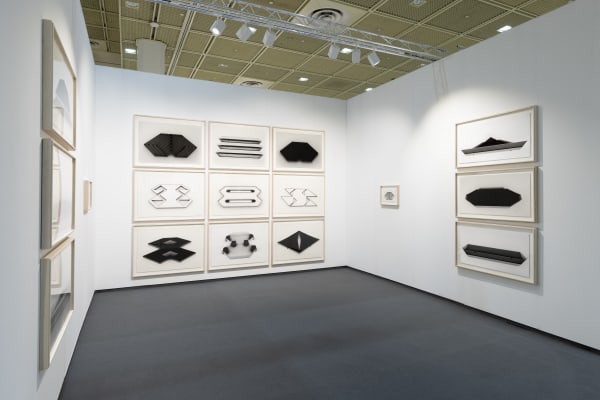
In "Frieze Seoul: More than just Korean pop," the German-language buisness magazine "Handelsblatt" notes with importance Frieze's "first fair in Asia." Korean galleries, Handelsblatt observes, made "it clear to the visitor: here the western galleries foll
Handelsblatt September 7, 2022In 'Frieze Seoul: More than just Korean pop,' the German-language buisness magazine 'Handelsblatt' notes with importance Frieze's 'first fair in Asia.' Korean galleries, Handelsblatt observes,...Read more -
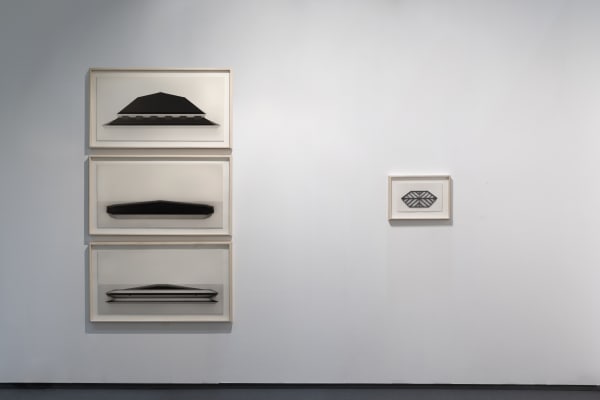
Frieze Seoul brings international attention to Korea
Il Sole 24 Ore September 5, 2022The first edition of Frieze Seoul (3-5 September 2022) has been featured in this lengthy article in the Italian language e-paper called “Il Sole 24...Read more
-
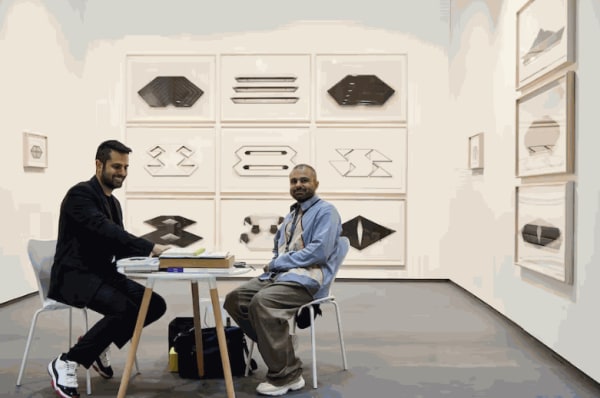
Was Frieze Seoul worth the hype?
Apolo Magazine September 3, 2022'An event of international prestige such as Frieze has the potential to establish a new center of dealings for the art world' states Edward Behrens...Read more -
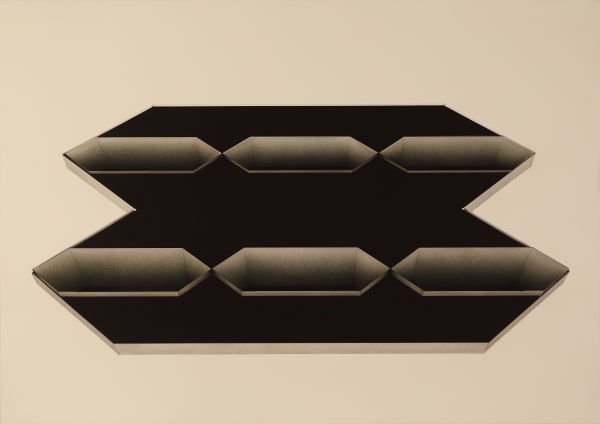
Must-See Booths at Frieze Seoul 2022
Hypebeast September 2, 2022'More than 110 galleries will be on view when the fair opens today, including a special Focus Asia section that features a number of rising...Read more
-
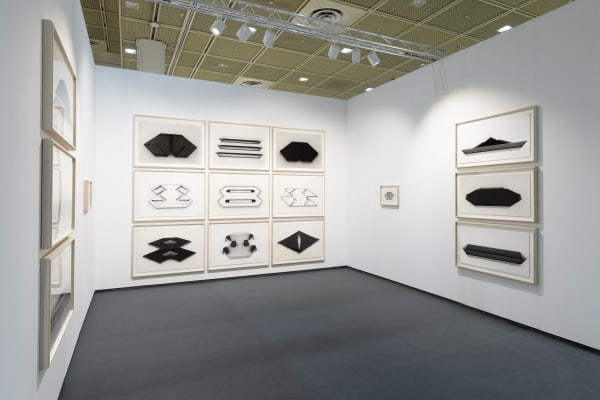
Frieze Seoul’s Focus section tackles the thorny question: what is Asian art?
Financial Times August 31, 2022A recent article by the Financial Times discusses Frieze Seoul 2022, which includes Ali Beheshti's works presented by Dastan Gallery. For more information click here...Read more -
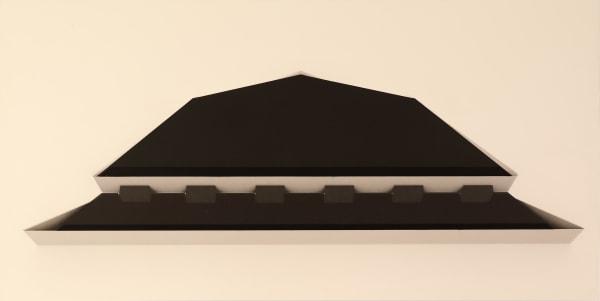
Frieze debuts in Seoul, With big-name galleries and a hometown spectacle
Artdaily August 31, 2022Art Daily Website also recirculated the New York Times report on Frieze Seoul. Click here to read the full article.Read more
-
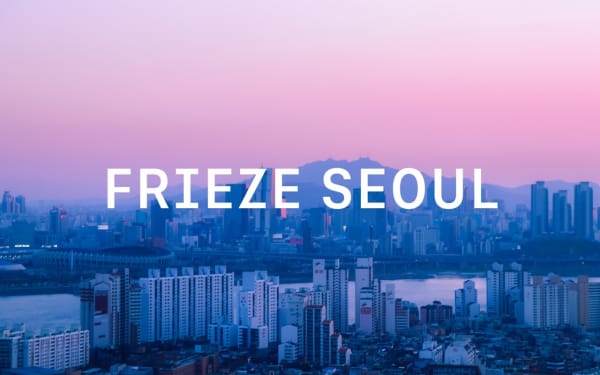
Inaugural Frieze Seoul’s gallery lineup, programs unveiled
The Korea Herald August 30, 2022'Frieze Seoul is the first Frieze art fair to be held in Asia and the fifth to be launched by the global contemporary art platform,'...Read more -
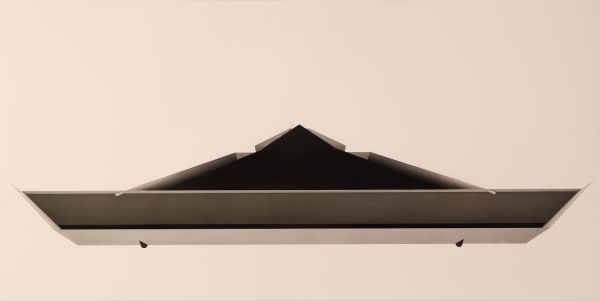
Frieze Debuts in Seoul, With Big-Name Galleries and a Hometown Spectacle
the New York Times August 30, 2022'Frieze — which staged its first fair in London and then proliferated to New York and Los Angeles — takes on a whole new continent...Read more
-
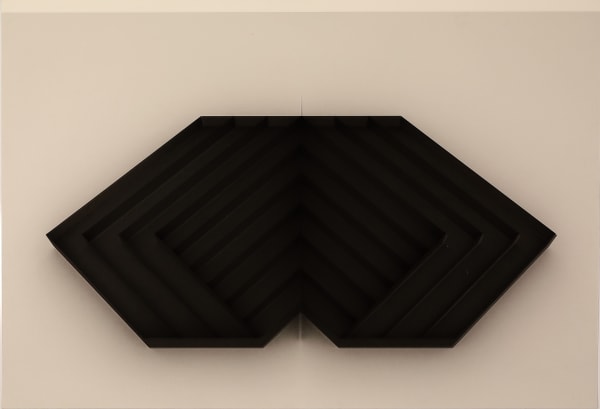
What to Know about the Inaugural Edition of Frieze Seoul
Whitewall August 29, 2022'It has been truly exciting to work with all our participating galleries on our first fair in Asia,” writes Pearl Fontaine for Whitewall Art Website,...Read more -
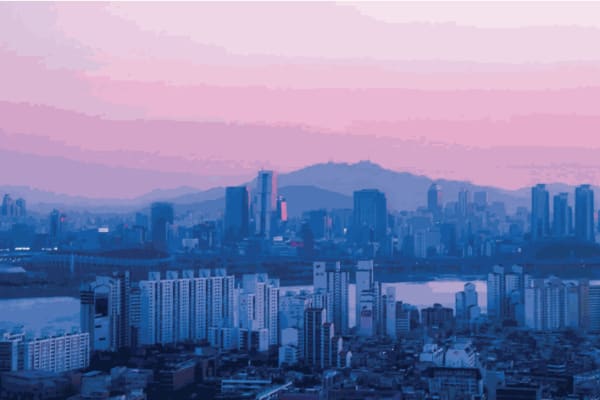
Search for articles and topics Seoul's art market ascent reaches new high with first Frieze fair
The Art Newspaper August 29, 2022'Frieze launches its first Asian fair in the South Korean capital' reports the Art Newspaper, adding that the event is bringing '119 galleries from 20...Read more
-

Why Seoul Is Poised to Become the Art World’s New ‘It’ City
Yahoo August 21, 2022'Why Seoul Is Poised to Become the Art World’s New ‘It’ City' is the catchy title of Julie Belcove's piece for Yahoo! The lengthy article...Read more -
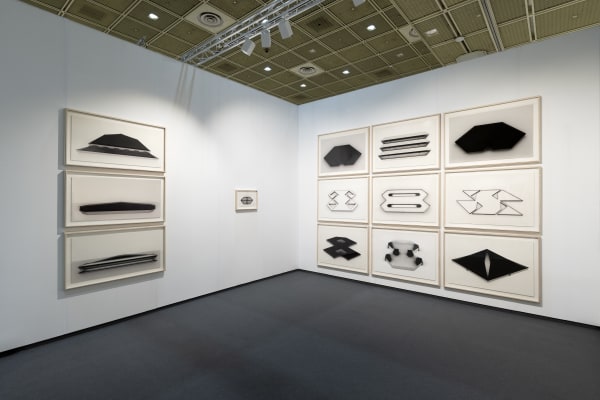
Focus Asia: Showcasing Young Galleries at Frieze Seoul
FRIEZE June 30, 2022'From P21 in Seoul to Dastan Gallery in Tehran, this special section will feature emerging artists and galleries' reports Frieze Fair's official website article on...Read more
Press release
Dastan presents works of Ali Beheshti at Frieze Seoul (September 2-5, 2022, booth F8). In Beheshti’s work the allegorical world becomes manifest. He pares down the visual characteristics of an object to such an extent that it appears the artist is merely reproducing and recreating a set of motifs. His forms have become more abstract over time, more geometric. All agency is given to the material and the artist's hands don't leave a trace behind, it is as if a machine has printed them on paper.
Ali Beheshti first draws geometric forms on graph paper and then transfers them to the computer to bring precision to the forms. He finally transfers the retouched form back to paper using different materials. The material thus acquires agency over the piece and fashions the surface of the painting. “Although these works hint at a formalist approach,” Beheshti explains, “they come from an inner, existential necessity, foremost because they go through different semantic passages." Such approach to the material also affects the meaning of the works. The method in which he employs black pigments, alongside technical sensitivities and formal characteristics of the medium, allows for images to emerge, blurring the line between print, drawing, painting, and photography. Beheshti exploits black, harnessing a wide variety of artistic and industrial materials. This results in different qualities of black: sometimes opaque or transparent, sometimes with a smooth finish, other times scratched, tainted or foggy. In Beheshti’s opinion, "there must be a reason for color to be employed in a piece; otherwise, it becomes superfluous”. “I have done studies in color,” the artist elaborates, “but for these works to invite color a transformation must take place. The black and white contrast is a way to attract the viewers' attention to the form: "Next to or in opposition to each other, black and white create a meaning that is closer to my intention. I felt these two colors were enough."
Ali Beheshti (b. 1988, Qom, Iran) graduated with a BA in Graphic Design (2011) and an MA in Painting (2014) from Azad University of Tehran. He has held three solo exhibitions at Dastan's Basement ("Opaque", 2021; "Interpretation", 2019; "Insensible", 2017) and his works have appeared in several group exhibitions, including "Encircle the Apple or Shadowlessness" (2019, V-Gallery, Tehran) and "Agog" (2016, V-Café, Tehran), both curated by Aidin Xankeshipour, and "I draw, therefore I think", a South South Project curated by Jitish Kallat (2021).
